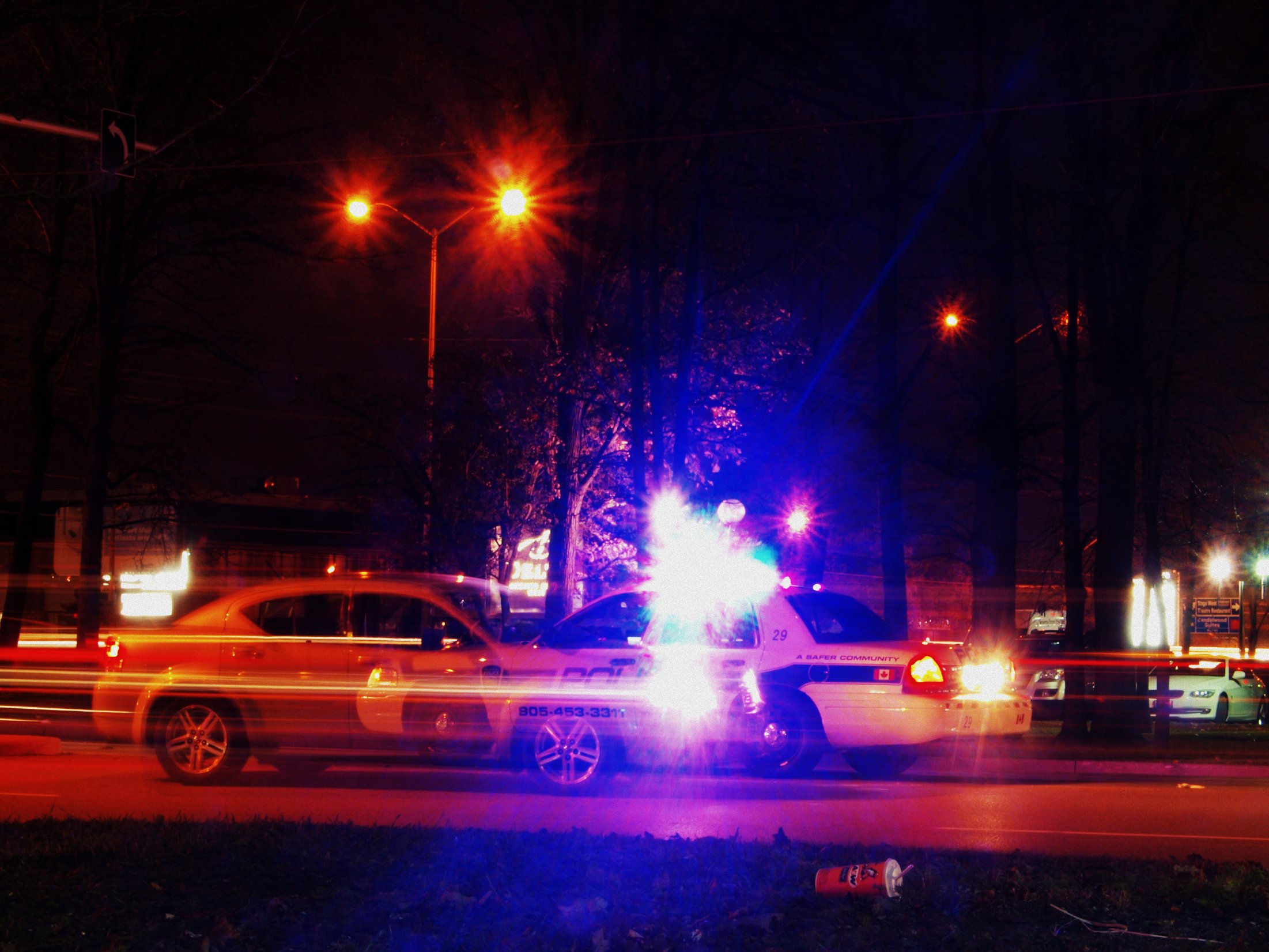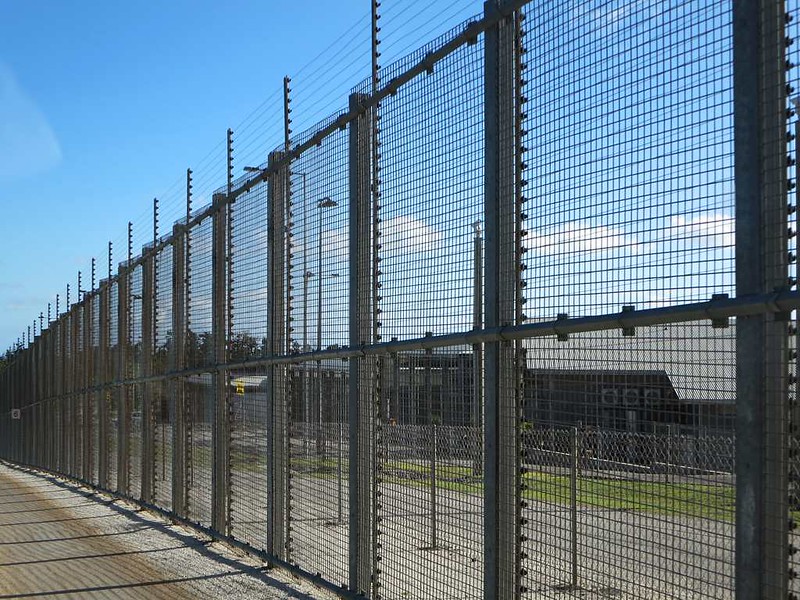
Perceived threat plays an important role in police officers’ on-the-job decision making. That makes sense – an officer concerned for their safety is more likely to use force against a civilian. But what if the perceived threat has nothing to do with that civilian? What if it didn’t originate on the job at all?
Samuel Thomas Donahue and Gerard Torrats-Espinosa wanted to understand how a homicide in a police officer’s neighborhood affects their likelihood of using force on civilians in the next week. Their study suggests the answer depends on race – both the race of the officer and the race of the civilian.
Using administrative data from the Chicago Police Department (CPD), police officers’ home addresses from voter registration rolls, and publicly available crime data, Donahue and Torrats-Espinosa created a snapshot of almost 9,000 CPD officers’ neighborhood contexts and workplace conduct between 2012 and 2020. The authors matched officers exposed to a homicide near their homes with other officers who were not exposed to a homicide but otherwise shared the same race, assigned “beat,” and shift day and time. To understand how race might affect police officers’ likelihood of using force, the authors looked at scenarios with varying officer and civilian races.
In almost every case, there was no meaningful change in the likelihood of an officer’s use of force – with one notable exception: when a homicide occurred within 1/8th of a mile of a white police officer’s home, that officer became seven times more likely to use force against a Black civilian in the following week. No other combination of officer and civilian race saw a change anywhere close. Donahue and Torrats-Espinosa say this is evidence that white police officers experience anti-Black racial bias when dealing with Black civilians in the aftermath of a neighborhood homicide.
Donahue and Torrats-Espinosa view this effect as an example of racial threat – when prejudices among a dominant group are ignited by perceived threats to their status. The fact that the effect only showed up when white officers came into contact with Black civilians suggests that neighborhood homicides activate racial bias rather than a professionalized police response.
This article also shows how “at home” contexts impact “at work” behavior, and how violence can spread between neighborhoods – and between murders by civilians and violence by police.









